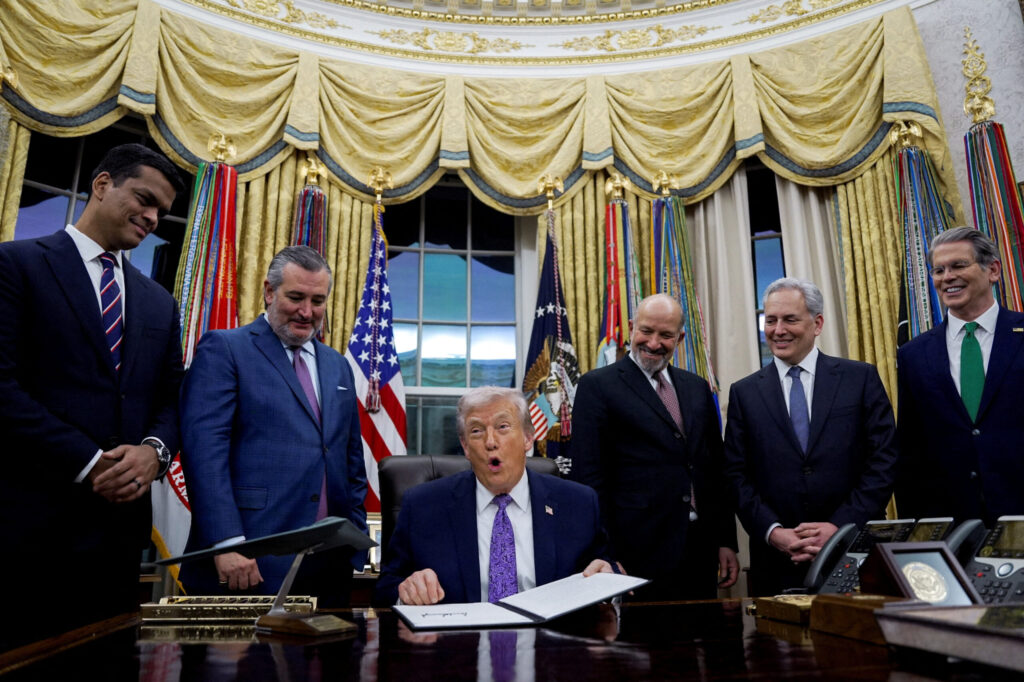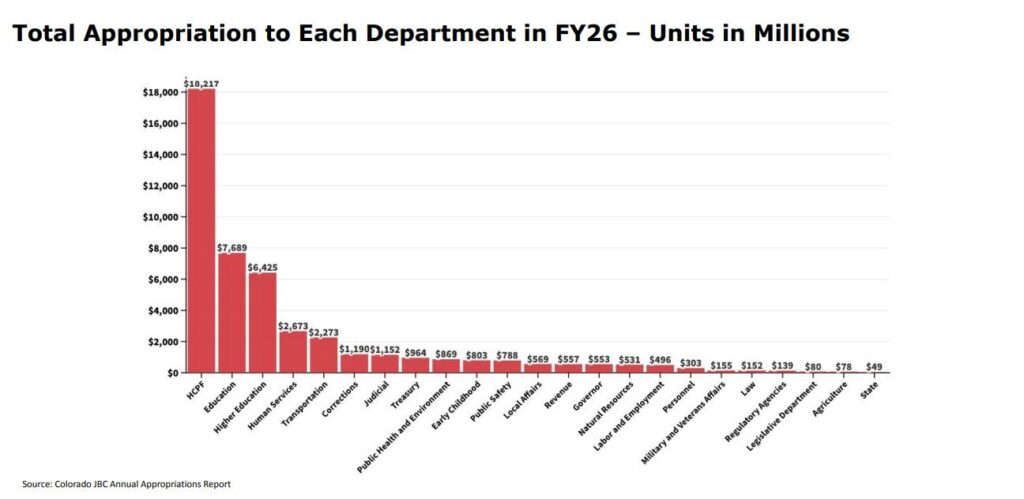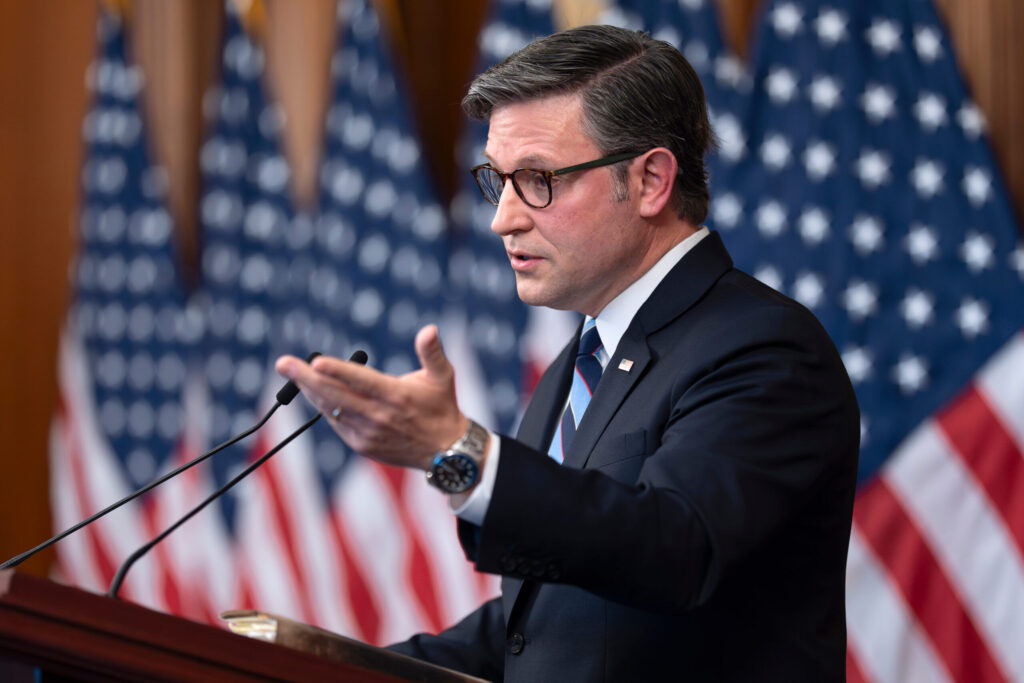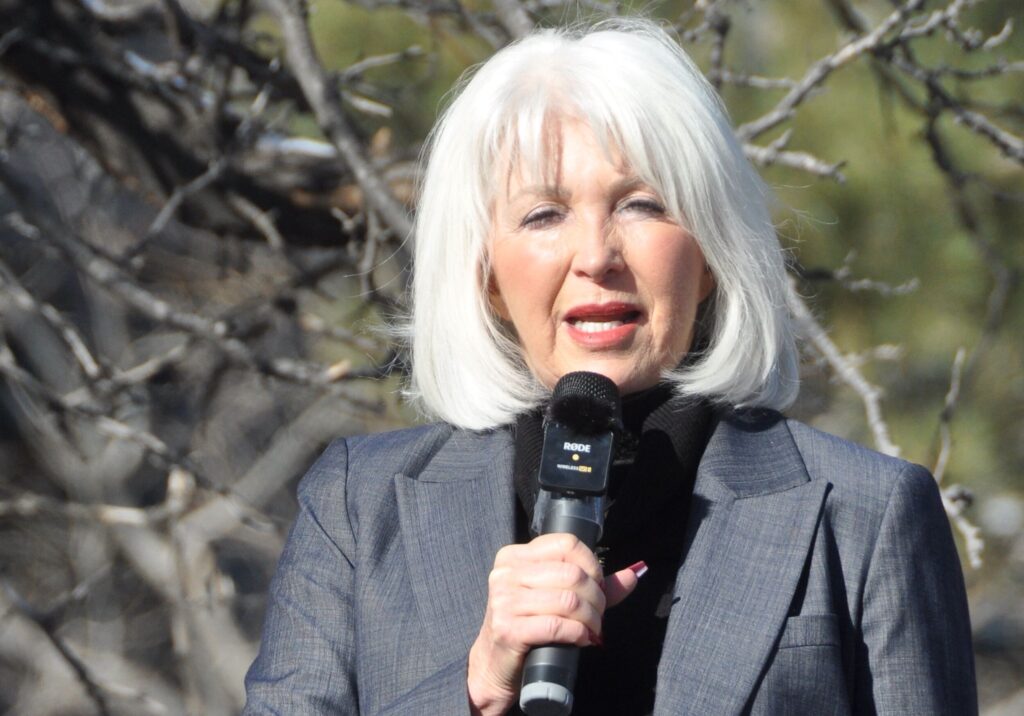Collaboration and cooperation highlighted in annual State of the State

Following the conclusion of the 2021 legislative session, the Denver Metro Chamber of Commerce hosted its annual 2021 State of the State and highlighted how the local business community engaged with the policy made this session.
Gov. Jared Polis, the chamber’s outgoing President and CEO Kelly Brough and officials from Xcel Energy and Southwest Airlines addressed those virtually in attendance Tuesday morning.
Polis acknowledged the hardship and adversity each business endured as a result of the COVID-19 pandemic, but said this session has put Colorado in a place it needs to be to continue to grow, prosper and be a place where business thrives.
“We are also prioritizing Colorado’s future by leaving our state’s budget in the healthiest it’s ever been,” Polis said. “We’re prepared to weather whatever storms might be headed our way through thoughtful input and partnership with the business community.”
Although Brough in her last State of the State as the head of the metro chamber acknowledged progress made during the legislative session, she differed in some areas and called for collaboration between stakeholders, elected officials and the business community to create and implement “good policy.”
“We need policy that recognizes it takes all of us to be successful,” she said. “That the health of our state budget, our nonprofits and our public sector depend on a thriving private sector.
She continued, “Just as the private sector relies on strong education, transportation, health care and the support of a nonprofit ecosystem to be successful. It takes all of us.”
Brough featured several examples of collaboration on issues such as data privacy and transportation, but emphasized the need for more stakeholder engagement on issues that impact Coloradans.
Especially when understanding long-term consequences of certain legislation.
“As the legislature provided this relief, they also made doing business here more complicated and more expensive,” she said. “That’s not good policy in any year, but is really concerting given the year we are desperately trying to recover from.”
Following the remarks from the officials, J.J. Ament, CEO of the Metro Denver Economic Development Corporation moderated a discussion between several business professionals about the latest legislative session.
Some like Carla More, president of Workplace Resource and Mowa Haile, president of Sky Blue Builders, LLC discussed their challenges through the perspective of a small business, while officials from Delta Dental and Xcel Energy spoke on larger corporations.
More discussed recent legislation passed on minimum wage that makes it more difficult to find interns despite Workplace Resource always paying them.
“One of the unintended consequences of some of the legislation is around interns with the minimum wage … it’s a real benefit to attract this younger talent, but when we bring an intern, or a number of interns in, and we have to put them in at a wage that is similar to an entry level, full time employee it does two things,” she said. “It limits our ability to promote them and give them greater pay as they are with us longer … and the other unintended consequences is we have to higher fewer interns, because we can’t afford many of them, which his heart breaking because they are so great for us.”
Additionally it has made finding full-time employees even more difficult for some businesses.
“As a small business it’s always been tough to compete with larger business when you’re attracting talent, so when you have something like a pandemic happen … it makes it tougher to run a business,” Haile said. “When talking about policy makers, you do have a tough job, but you need to be very careful that (you’re) not impacting smaller businesses more.”
Despite Brough’s last State of the State, she thanked her colleagues for their commitment to ensuring what is best for Coloradans and assured business officials that the commitment will stay long past her tenure.
But she urged policy makers, stakeholders and officials to communicate better and not let “one party” dictate all.
“As a business community, we don’t play politics or just go out and try to move money around. We don’t actively pick winners and losers. Employers don’t put themselves above employees — or they wouldn’t have any,” Brough said. “We have to say yes to both. We have to work together. We have to ensure employers and employees can be successful. We have to protect what’s here while also growing our future.”













